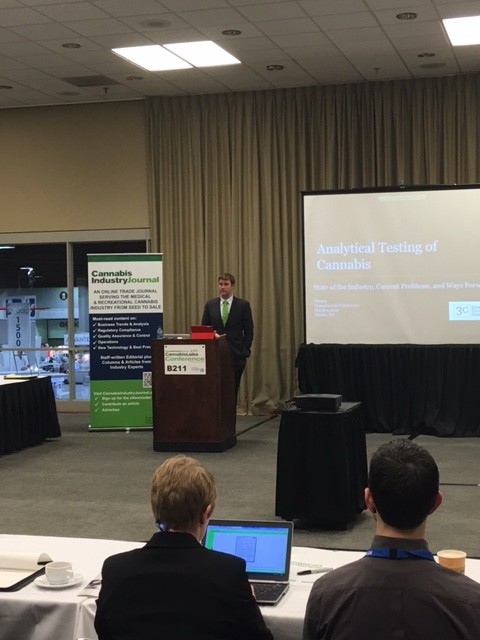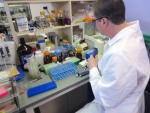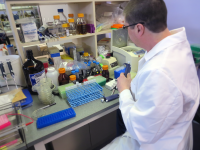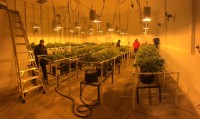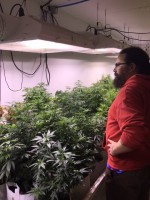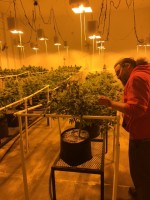Compassion is a frequent buzzword used in the cannabis space and many businesses start up with a mission surrounding compassion and strive to be compassionate towards their patients or consumers.
Research shows that profit-driven retail management and compassionate service can be accomplished in the same way. By turning to the industry mantra of compassion, companies can contribute to the well-being of patients or consumers served and employees, while also increasing sales, positive reviews and return visits.
One large aspect of dispensary management is setting up a corporate culture around employee-customer interactions. Some dispensaries have mastered this through employee training and thoughtful SOP’s, which help maintain a compassionate, positive environment for every person that walks through the door.
Research shows that when consumers have positive interactions in retail environments, they are more likely to make a purchase and to positively rate the products they select. When feeling these positive mental states, our perceptions of products become more positive as well, and our trust in those around us increases. Conversely, when we feel negative emotions like loneliness or exclusion, our perceptions of products also become more negative.
People experiencing positive mental states, like gratitude, joy or compassion also have better health and increased emotional well-being. For both compassionate and profit-driven reasons, getting people into a positive emotional state is extremely beneficial. Of course, creating a compassionate, mood-boosting environment is easier said than done. Thankfully, there is a lot of research on how to do this as well.
So how can we set up a corporate culture that fosters more positive states in others? It takes energy and intention, but it can be done. As a dispensary manager, one of the most important things you can do is ensure that your employees have what they need to function well. Research shows that when employees are working under stressful conditions their interactions with customers suffer. This could mean being underpaid, overworked, unsure of job security, rushed, or crowded; but whatever the reason, a stressed employee is less able to maintain positive interactions with customers. Once you have a happy and well-treated staff, you can start training them to cultivate positive states in your consumers.
Here are a few time-tested methods to teach to your dispensary staff and practice with your patients or recreational customers:
Positive Feedback Exercise
One of the simplest methods is giving positive feedback. It has been demonstrated over and over again that when you give someone positive feedback, his or her mood is instantly boosted. They become more grateful, creative and engaged.
Positive feedback can come in different forms. It might be a simple compliment like “Wow, I love your earrings.” or it might be a positive response to a question, such as “That’s a great question, not everyone thinks to ask about what these test results mean.”
To cultivate positive feedback, make a point of looking for things you can genuinely compliment about your customers or coworkers. Be careful not to fake your positivity. Most people can tell when positivity is faked; and it can actually have negative health risks for the person doing the faking.
Active Listening Practice
You can foster positive emotions in your customer base through active listening and compassion for the challenges they are going through. Research finds that active listening can improve communication dynamics and reduce stress.
For this practice, notice when your patients are complaining and pay careful attention to what they are saying. Try to really feel what it might be like to be in their situation and sympathize with them. You can show this sympathy by acknowledging what they are going through.
These practices may seem simple but they can yield big changes in a customer’s impression of your dispensary environment. By cultivating compassionate practices with your staff and customers, you can take care of your community while helping your business to thrive.



